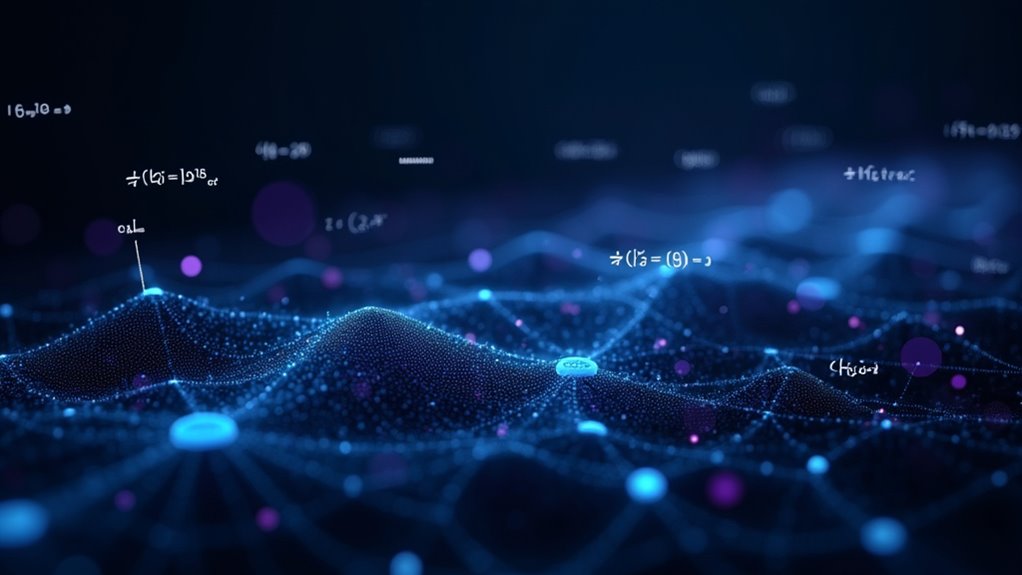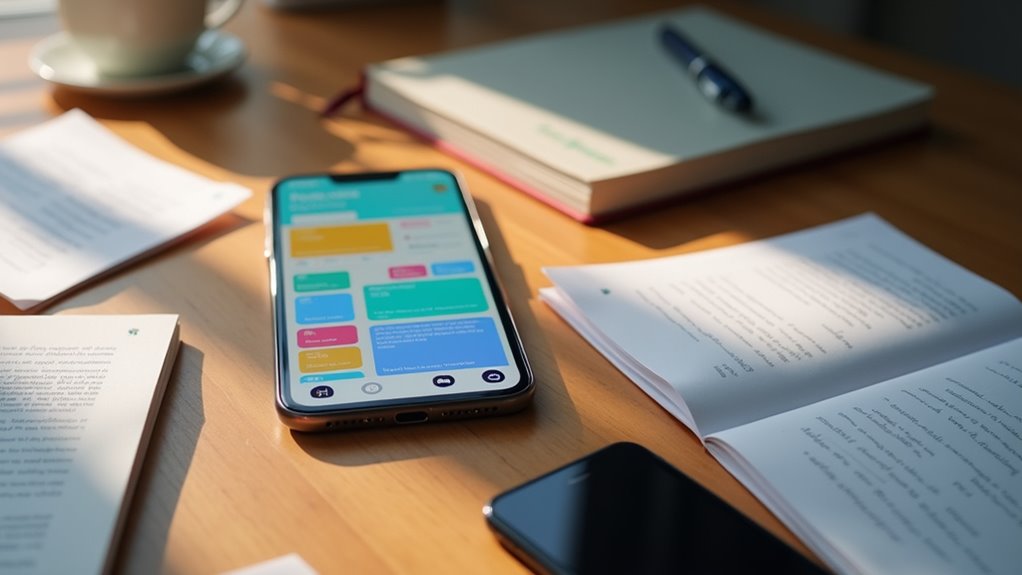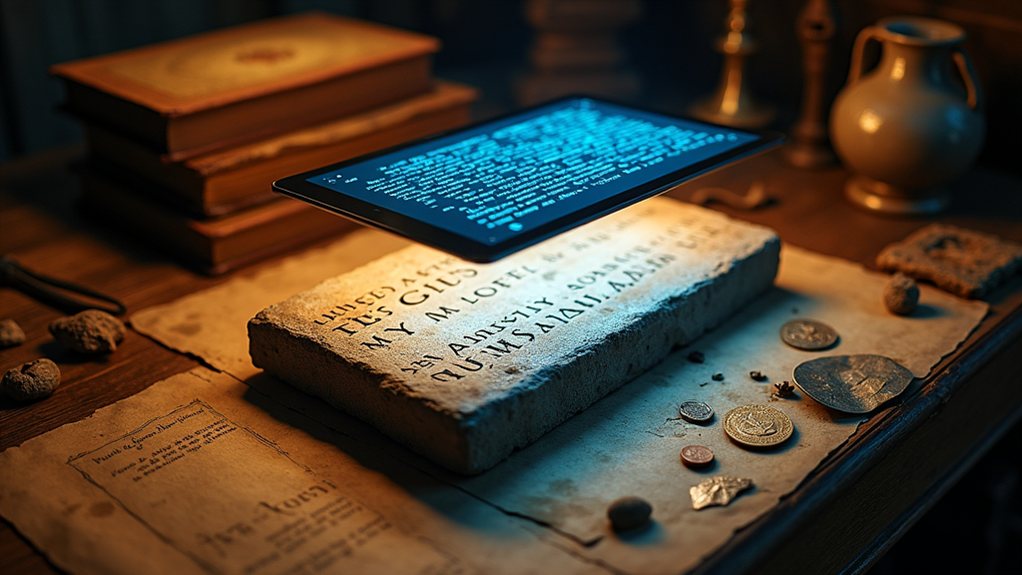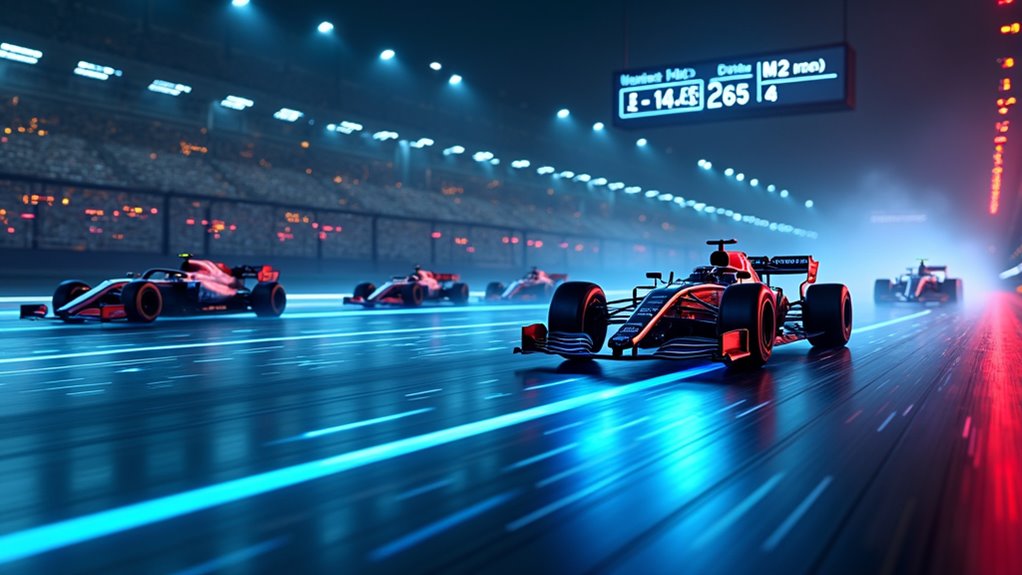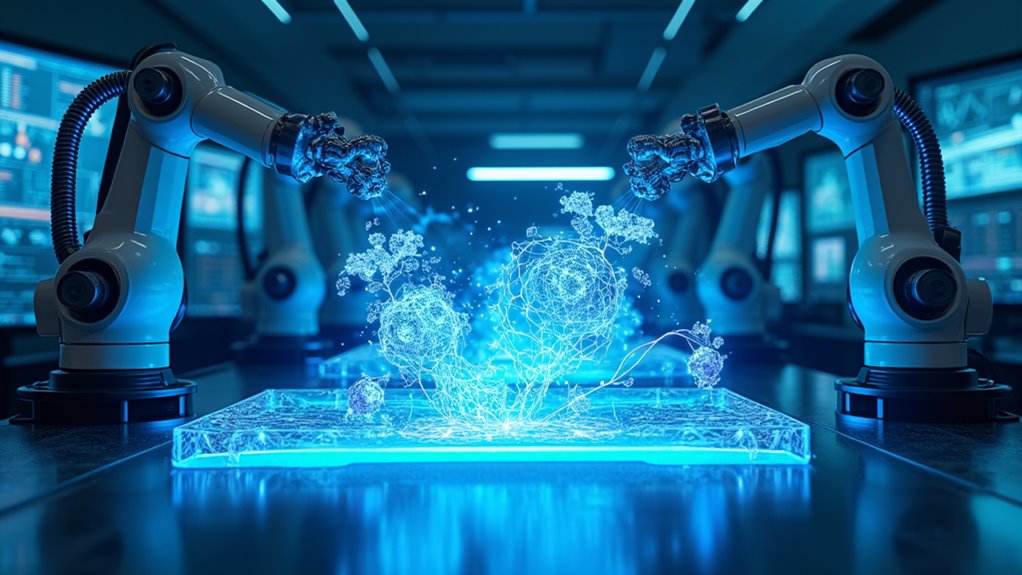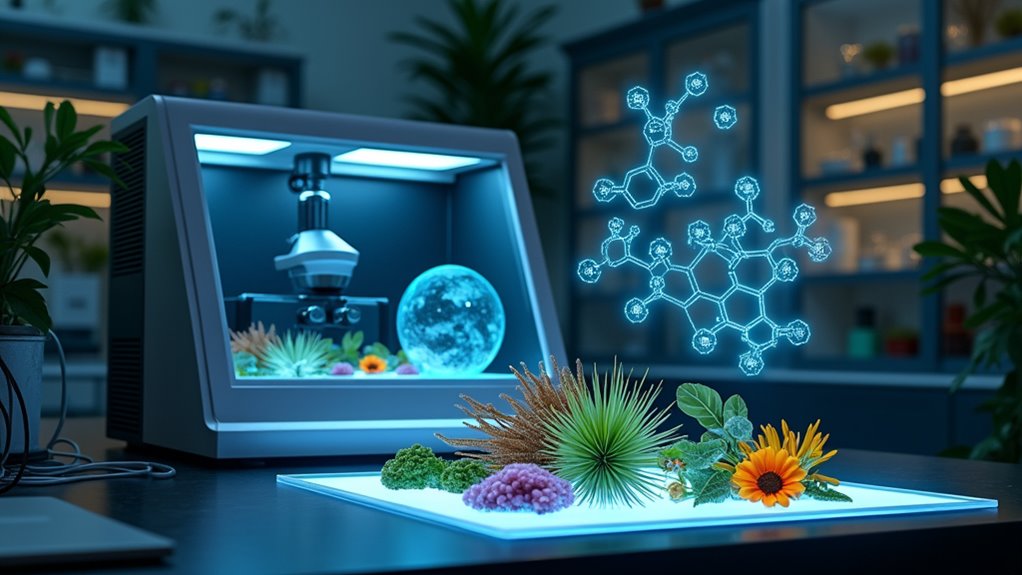AI just blitzed past math experts, crunching mind-bending problems and code in less time than it takes to microwave popcorn. Recent algorithms let AI outperform humans by a whopping factor of four on fast, complex tasks—think coding sprints, emergency calculations, and rapid data analysis. No fatigue, no coffee breaks, and honestly, not a hint of panic. Still, humans hold the upper hand when given more time for creativity and strategy. Curious how AI stacks up globally, and what’s next?
Move over, human experts—AI just might be coming for your “world’s best at everything” mug. The latest data shows that artificial intelligence isn’t just solving crossword puzzles or beating you at chess—it’s actually outscoring top human experts by a factor of four in tasks that need to be wrapped up fast. We’re talking two-hour deadlines, not your leisurely “let’s circle back next week” vibe. AI‘s speed and efficiency in these short bursts are almost enough to make you want to hand over your to-do list—unless you’re emotionally attached to stress.
AI isn’t just catching up—it’s leaving human experts in the dust when it comes to rapid-fire tasks and tight deadlines.
Here’s the kicker: in select settings, AI agents don’t just match human expertise, they deliver results before you’ve even finished your coffee. This edge is especially sharp in scenarios where time is a luxury no one has. Think rapid coding sprints, quickfire decision making, or situations where methodical repetition is king. AI doesn’t get tired, bored, or distracted by cat memes. [Performance gaps are narrowing quickly between leading AI models, with the top model score difference dropping from 11.9% to just 5.4% in the past year.] Many healthcare institutions are now leveraging AI to analyze patient data and manage emergencies with unprecedented efficiency.
But before you pack up your diploma and flee to the woods, there’s a plot twist. Give both humans and AI a longer leash—a cozy 32 hours, say—and suddenly, the tables turn. Human experts start pulling ahead, often doubling AI’s scores. Turns out, people shine when there’s time to be creative, strategic, or just plain stubborn. Human intuition, judgment, and that mysterious thing called “thinking outside the box” remain AI’s kryptonite. Smaller models are increasingly competitive in performance, making it possible for organizations to run powerful AI tools without massive hardware investments.
Still, don’t count AI out of the creative game just yet. These systems are already generating high-quality videos, composing music, and writing code that would make a Silicon Valley intern sweat. The secret sauce? An ability to chew through massive data sets and spit out patterns no mere mortal could spot.
Globally, it’s not just a U.S. show. China is snapping at America’s heels, with AI models nearly matching U.S. benchmarks. The tech race is on, and it’s looking more international by the day.
